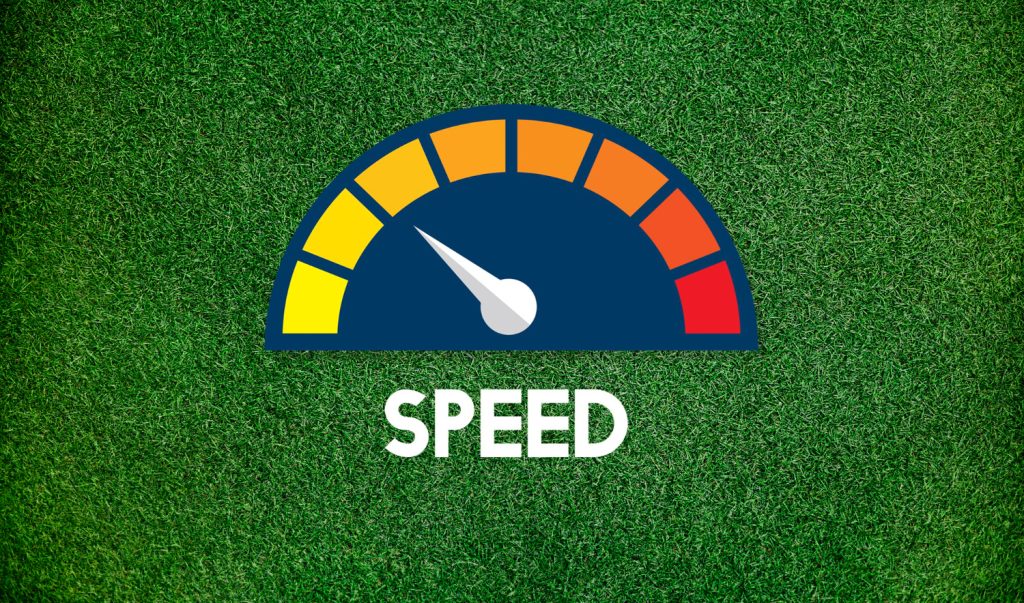
Table of Contents
As an SEO expert and consultant, one of the most common questions I encounter is, “How do I know if my SEO is working?” The answer lies in tracking and analyzing specific metrics that provide insight into your SEO performance. In this comprehensive guide, I’ll walk you through the key metrics you should be monitoring to ensure your SEO strategies are effective.
1. Organic Traffic
Organic Traffic is one of the most fundamental indicators of SEO success. This metric shows the number of visitors coming to your site through unpaid search results. Tools like Google Analytics provide detailed reports on organic traffic, allowing you to track its growth over time.
- Why It Matters: Increasing organic traffic means your site is ranking well for relevant keywords, attracting more potential customers.
- How to Track: Use Google Analytics. Navigate to Acquisition > All Traffic > Channels > Organic Search.
2. Keyword Rankings
Keyword Rankings indicate where your website appears in search engine results pages (SERPs) for specific keywords. Improving your rankings for targeted keywords is a primary goal of SEO.
- Why It Matters: Higher rankings generally lead to increased visibility and traffic.
- How to Track: Use tools like SEMrush, Ahrefs, or Moz to monitor keyword positions.
3. Click-Through Rate (CTR)
Click-Through Rate (CTR) is the percentage of users who click on your website link after seeing it in the SERPs. A high CTR suggests that your meta titles and descriptions are effective.
- Why It Matters: A higher CTR leads to more traffic and can positively impact your rankings.
- How to Track: Google Search Console provides CTR data under Performance > Search Results.
4. Bounce Rate
Bounce Rate is the percentage of visitors who leave your site after viewing only one page. A high bounce rate can indicate that your site content isn’t engaging or relevant to the users’ search intent.
- Why It Matters: A lower bounce rate typically means visitors find your content useful and are more likely to convert.
- How to Track: Check the Audience > Overview section in Google Analytics.
5. Conversion Rate
Conversion Rate measures the percentage of visitors who complete a desired action, such as making a purchase or filling out a contact form. This metric is crucial for understanding the ROI of your SEO efforts.
- Why It Matters: High conversion rates indicate that your SEO strategy is not only driving traffic but also attracting the right kind of visitors.
- How to Track: Set up goals in Google Analytics under Conversions > Goals.

6. Page Load Speed
Page Load Speed affects both user experience and search engine rankings. Slow-loading pages can lead to higher bounce rates and lower rankings.
- Why It Matters: Faster pages provide a better user experience and are favored by search engines.
- How to Track: Use tools like Google PageSpeed Insights or GTmetrix to measure and optimize page speed.
7. Backlinks
Backlinks are links from other websites to your site. They are a critical factor in SEO, as search engines view backlinks as endorsements of your content’s quality and relevance.
- Why It Matters: High-quality backlinks can significantly boost your site’s authority and rankings.
- How to Track: Use tools like Ahrefs or Majestic to monitor your backlink profile.
8. Mobile Usability
Mobile Usability is increasingly important as more users access the web via mobile devices. Ensuring your site is mobile-friendly can improve your rankings and user experience.
- Why It Matters: Mobile-friendly sites are favored by search engines and provide a better experience for mobile users.
- How to Track: Use Google Search Console’s Mobile Usability report.
9. Time on Page and Dwell Time
Time on Page and Dwell Time measure how long visitors stay on your site and interact with your content. Longer times generally indicate more engaging content.
- Why It Matters: Engaging content that keeps visitors on your site can improve rankings and conversions.
- How to Track: Google Analytics provides insights into these metrics under Behavior > Site Content > All Pages.
10. Indexed Pages
Indexed Pages are the pages of your site that have been crawled and indexed by search engines. Ensuring all important pages are indexed is crucial for visibility.
- Why It Matters: If search engines can’t find your pages, they can’t rank them.
- How to Track: Use Google Search Console to check the Index Coverage report.
11. Local SEO Metrics
For businesses targeting local customers, Local SEO Metrics such as local search rankings, Google My Business (GMB) insights, and local citations are essential.
- Why It Matters: Local SEO metrics help you understand your visibility and performance in local searches.
- How to Track: Monitor GMB insights and use tools like Moz Local to track local citations.
12. Social Signals
Social Signals refer to the engagement your content receives on social media platforms. While not a direct ranking factor, social signals can indirectly influence SEO by driving traffic and increasing brand awareness.
- Why It Matters: High social engagement can lead to more backlinks and traffic.
- How to Track: Use social media analytics tools to monitor likes, shares, and comments.
13. User Engagement Metrics
User Engagement Metrics such as pages per session, returning visitors, and interaction rates provide insights into how users interact with your site.
- Why It Matters: Higher engagement indicates that visitors find your content valuable and are more likely to convert.
- How to Track: Use Google Analytics to monitor these metrics under Audience > Overview.
14. Core Web Vitals
Core Web Vitals are a set of metrics that measure user experience, focusing on loading performance, interactivity, and visual stability.
- Why It Matters: Core Web Vitals are a ranking factor and crucial for providing a good user experience.
- How to Track: Use Google Search Console and PageSpeed Insights to monitor Core Web Vitals.
Conclusion
Tracking the right SEO metrics is essential for understanding the effectiveness of your strategies and making data-driven decisions. By monitoring these key metrics, you can identify areas for improvement, optimize your efforts, and ultimately achieve better search engine rankings and business outcomes.
Remember, SEO is a long-term investment, and regular monitoring and adjustment are crucial for sustained success. As an SEO expert, it’s important to stay updated with the latest trends and algorithm changes to ensure your strategies remain effective.
Feel free to reach out if you need any help with your SEO strategy or have questions about tracking these metrics. Happy optimizing!



